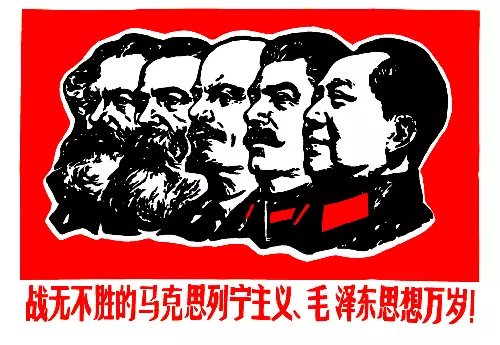I once read a book called Republic of India by Anand Teltumbde. (He has been falsely labeled a Maoist and jailed without trial). He talks about caste and Marxism in it. I don't know about CPI Marxist's work against casteism so I will refrain from commenting on that specific issue. But the aforementioned book talks about casteism in a way that I haven't found anywhere else. For example:
The early communists in India were typically youth from the educated brahmin middle class, inspired by the Bolshevik Revolution in 1917 and by their diet of literature and other resources smuggled from Britain and Russia. They naturally began their activities with trade unions, which, in fact, had cropped up much before the Communist Party of India was formally founded in 1925. Their confrontation with caste was limited to organisational contradictions within trade unions that included a small minority of dalit workers. The faultline of caste was something the communist leadership wanted at all costs to avoid facing or redressing. In the textile mills of Bombay, for example, where the communists had total control over the workers, dalits were debarred from jobs in the better paid weaving section as the non-dalit workers were repulsed by the prospect of being polluted if they touched threads that had been joined by dalits: before putting the thread into the machine for the first time as well as joining the broken thread thereafter, a worker had to wet the end of the thread with saliva. Also, untouchability was practised by keeping separate pitchers of drinking water for dalit workers in the mills. Even after Ambedkar pointed out these oddities, the communists did not act for fear of displeasing the caste Hindu workers. A decade later, Ambedkar would raise this issue in 1938 delivering the presidential address to the G.I.P. Railway Depressed Classes Workmen's Conference in Nashik:
It is notorious that there are many avocations from which a Depressed Class worker is shut out by reason of the fact that he is an untouchable. A notorious case in point is that of the cotton industry. I do not know what happens in other parts of India. But I know that in the Bombay Presidency, the Depressed Classes are shut out from the weaving department in the cotton mills both in Bombay and in Ahmedabad. They can only work in the spinning department. The spinning department is the lowest paid department. The reason why they are excluded from the weaving department is because they are untouchables. … (in Das 2009, 52).
Instead of seizing the gravity of the caste question and facing it, the communists took shelter under Marx's metaphor of base and superstructure, as though it was incontrovertible. They feared that confronting the issue of caste might lead to organisational break-up, quite like how bourgeois parties fear losing Hindu votes if they speak out against the hindutva excesses of the Sangh parivar.
